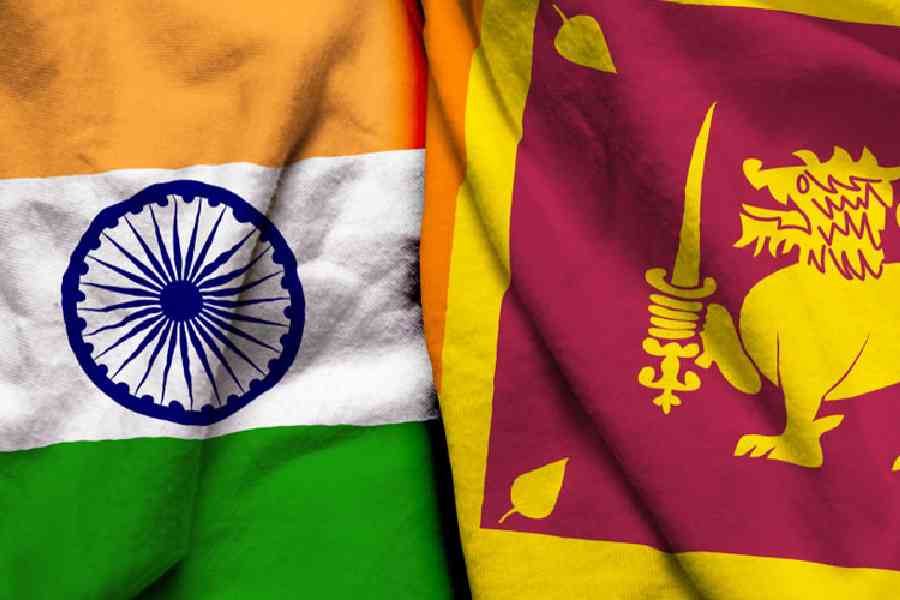The enhancement of across-the-board connectivity appears to have been the focus of deliberations between Prime Minister Narendra Modi and Sri Lanka President Ranil Wickremesinghe in Delhi on Friday, following which they agreed on a vision document for promoting connectivity in coming years.
The Prime Minister also brought up the issue of the aspirations of the Tamils in Sri Lanka and urged Wickremesinghe to fulfil Colombo’s long-pending commitment to implement the 13th Amendment and conduct provincial council elections to allow for proper devolution of powers.
On this issue, Wickremesinghe — in his media statement — said: “I also shared with him (Modi) the comprehensive proposal I presented this week for furthering reconciliation, power sharing through devolution and the multiple elements of the Northern development plan. I have invited all party leaders in Parliament to work towards consensus and national unity on these measures.’’
One of the key MoUs signed on Friday pertained to the development of Trincomalee as an energy hub with India’s support. This will be a key component of connectivity in the energy sector with the construction of a multi-product petroleum pipeline from the southern part of India to Sri Lanka.
In the maritime sector, it was decided to resume the passenger ferry service between Nagapattinam in Tamil Nadu and Kankesanthurai in Sri Lanka and work towards the early resumption of similar services from Rameshwaram to Talaimannar.
Now that air connectivity between Chennai and Jaffna has taken off, the two governments agreed to further expand it to Colombo as well as explore connectivity between Chennai and Trincomalee, Batticaloa and other destinations in Sri Lanka.











